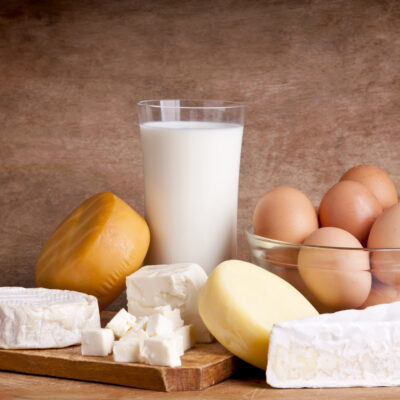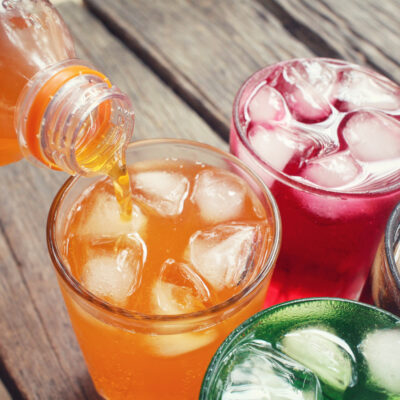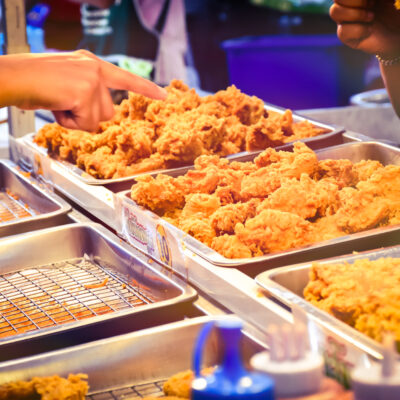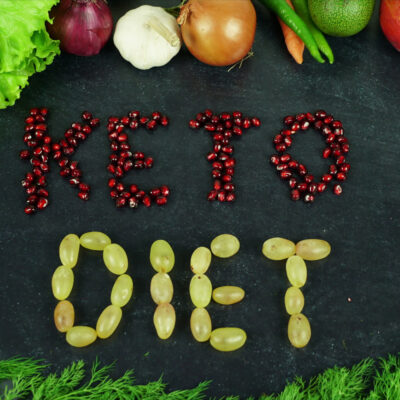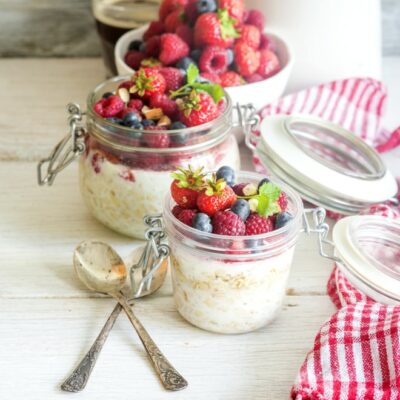
Food
6 Healthy Snacks for Kids
When kids are at home, they seem to be hungry all the time. Well, that is not surprising. Kids often get into growth spurts and require more calories. Also, they run around a lot and use up energy to be active. The best thing to do is to make healthy foods available at all times. But no kid wants just fruit for a snack. Don’t sweat it. Here are six healthy and super easy snacks that kids can make themselves. Fruit and Yogurt Peel a banana, cut it into slices, and serve it along with a cup of creamy yogurt. Banana provides energy with slow-releasing sugars. The potassium in this fruit helps keep your kid alert and improves brain functioning. Protein and calcium found in yogurt help in the growth and development of your little one’s bones. Cheese and Crackers Cheese and crackers are quite easy to make as a healthy snack that can occupy your kids creatively for a while. All they need is a few of their favorite crackers, some cheese slices, and cookie cutters in their favorite shapes. Graham crackers are low in sugar, and provide a lot of energy Let them arrange the cookies on a plate.
Read More 